Purina Enrich Plus Ration Balancing Horse Feed, 50 lb. Bag
Horses need more nutrition than forage alone can provide. Today’s horses are typically limited to a single type of forage in one geographic area. Pastures in the same area or even different sections of the same pasture can have inconsistent nutrient values.
Horses need more nutrition than forage alone can provide. Today’s horses are typically limited to a single type of forage in one geographic area. Pastures in the same area or even different sections of the same pasture can have inconsistent nutrient values. Unfortified grains such as straight oats and corn can also have variable amounts of protein, minerals and vitamins. So horses need your help to achieve the nutritional balance they once derived naturally. Enrich Plus® Ration Balancing Feed Adds Necessary Nutrients to Your Horse’s Diet Enrich Plus® is a concentrated, pelleted ration balancing horse feed that may be fed as a horse’s sole ration along with quality hay or pasture to provide the proper balance of protein, vitamins and minerals without unnecessary calories. It can also be fed with unfortified whole grains.
- Easy Keepers: Easy Keepers who maintain body weight and condition on hay or pasture alone, or are not able to eat the minimum recommended amount of another feed without gaining unwanted weight
- Young, Growing Horses: Young, Growing Horses who may require concentrated nutrition to support growth and development, but with fewer calories to support slower growth rate or reduced body condition when recommended
- Stallions and Early Gestation Mares: Stallions & Early Gestation Mares that may need a more concentrated source of nutrition; also appropriate for working horses who may need a protein, vitamin and mineral supplementation
- Concentrated Formula – to provide required nutrition without excess calories.
- Corn-free and Oat-Free – Ideal feed for horses with specific sensitivities
- Low Starch and Sugar – may help horses who have difficulty maintaining blood sugar levels.
- Added Vegetable Oils – For a shinier, healthier hair coat, skin and hooves
- Added Antioxidants – Including Selenium and Vitamin E to help address the damaging effects of free radicals
- High Quality Protein – 32% protein with essential amino acids lysine and methionine for growth, development and muscle maintenance and repair
- Quality Ingredients – that are highly digestible and naturally palatable
- B Vitamins – to help maintain metabolic functions.
Additional information
| Food Form | Pellets |
|---|---|
| Horse Life Stage | All Life Stages |
| Packaged Height | 35 in. |
| Packaged Length | 6 in. |
| Packaged Weight | 50 lb. |
| Packaged Width | 15 in. |
| Product Height | 35 in. |
| Product Length | 6 in. |
| Product Weight | 50 lb. |
| Product Width | 15 in. |
| Manufacturer Part Number | 3002564-206 |

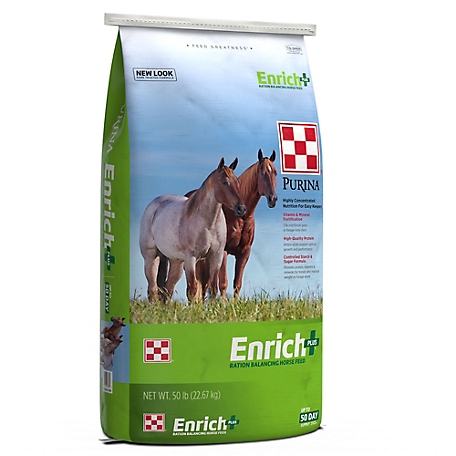
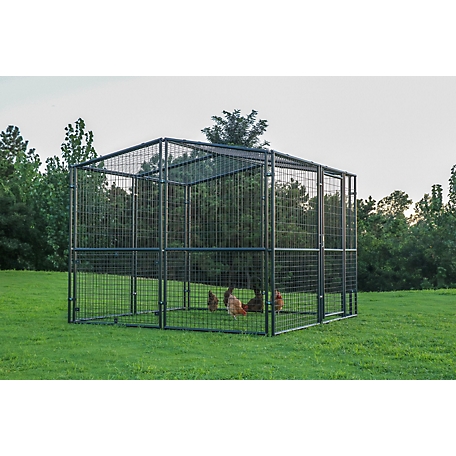
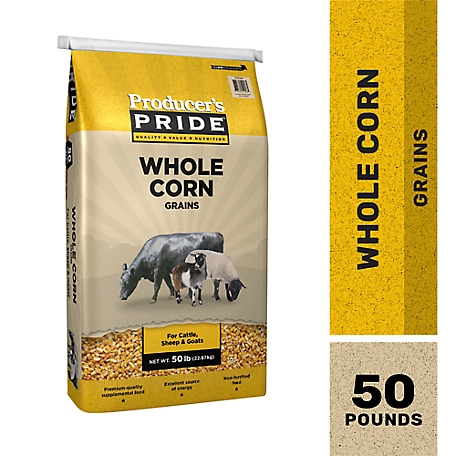
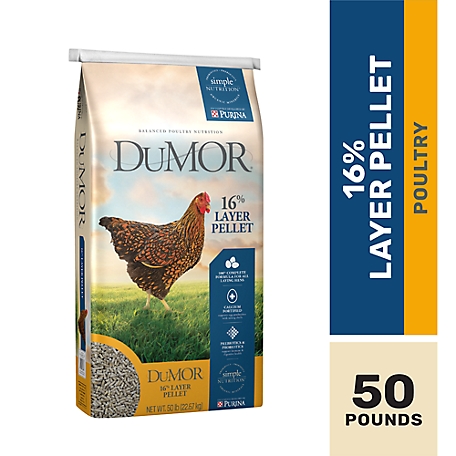
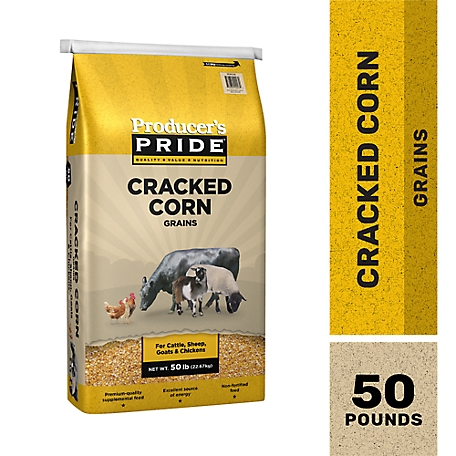
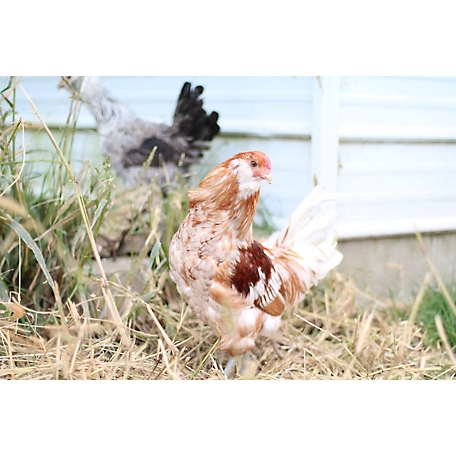
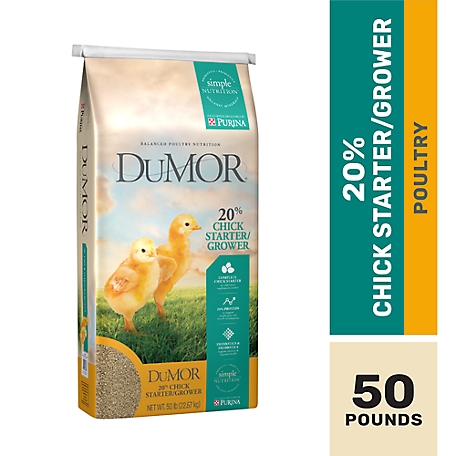

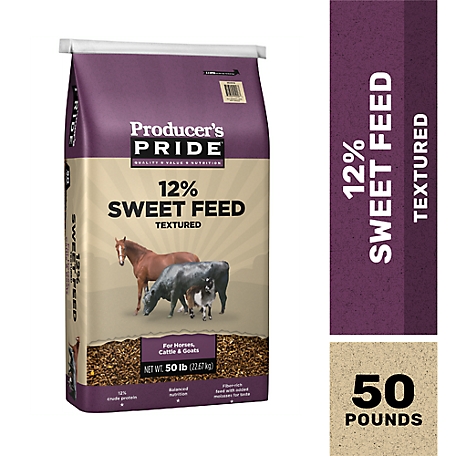

by Cly
This is great for my horses who are air ferns. They get the vitamins and minerals without all of the calories of grains.
by Mills
Our horses love it!!
by Jenny
This is a great product.
by Mandae
This is a great product. It gives everything they need with only half the traditional size feeding
by Stacy
Great project and fast shipping!